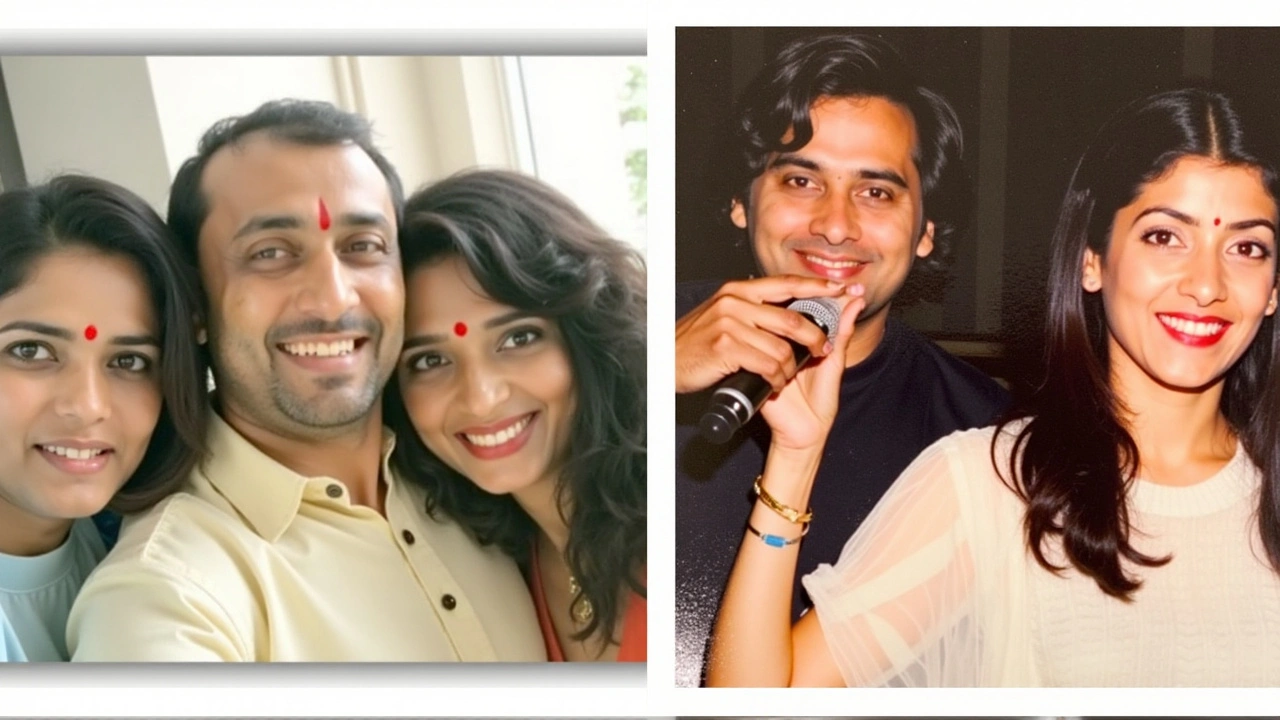Raksha Bandhan: How to Celebrate, Gift and Connect
Raksha Bandhan is the simple, warm festival where sisters tie a rakhi (a sacred thread) on their brothers’ wrists and wish for each other’s wellbeing. It usually falls on the full moon day of the Hindu month of Shravan, most often in August. If you're in Africa or caring for family far away, you can keep the meaning while adapting the rituals to your life.
At its core Raksha Bandhan is about promise and care — not perfection. The sister ties a rakhi, offers sweets, and often performs a small aarti or prayer. Brothers give a gift or promise protection and help. You don’t need a temple or elaborate setup. A clean plate, a candle or lamp, some rice grains or vermilion, and sweets are enough to make the moment real.
Practical gift ideas that work across distances
Choosing a gift depends on age and taste. For younger siblings, toys, school items, or a gift card work well. For adults, think of useful things: a watch, headphones, a quality wallet, or a care package with snacks and self-care items. Money or mobile top-ups are still popular and practical. If you’re ordering online from another country, buy early and pick tracked shipping. Support local sellers in South Africa, Kenya, Mauritius or your city — many small businesses make beautiful handmade rakhis and put together ready-to-ship gift boxes.
If you can’t meet in person, use a courier service or an online rakhi retailer that guarantees delivery before the festival. Some services let you schedule the tie-on ceremony or send a video of the rakhi being tied. For same-day emotion, organise a video call right when the rakhi is on the wrist — that keeps the moment personal.
DIY rakhis and simple ceremony tips
Want to make a rakhi at home? Use a colorful thread, a bead or button, and some glue. Keep it small and sturdy. Kids enjoy making rakhis from friendship bracelet knots or recycled fabric. For the ceremony at home: light a small lamp, sing or say a short blessing, apply a tiny tilak (a dot) on the brother’s forehead, tie the rakhi, and share a sweet. If you follow dietary restrictions, swap sweets for fruit or a shared cup of tea.
For mixed families or friends who want to join, explain the meaning simply: it’s a promise to look out for one another. That makes Raksha Bandhan inclusive without losing its spirit. Above all, keep it honest — a quick message, a phone call, or a mailed parcel are all meaningful if they carry intention.
Need ideas where to find rakhis or events? Check community centres, local temples, cultural associations, and social media groups in your city. Many African Indian communities host small gatherings and pop-up stalls before the festival. Buy early, track shipments, and plan a call time so distance doesn’t dilute the moment.
Raksha Bandhan is about connection. With a little planning — a thoughtful gift, a makeshift ceremony, or a timely delivery — you can keep the ritual alive no matter where you live.

